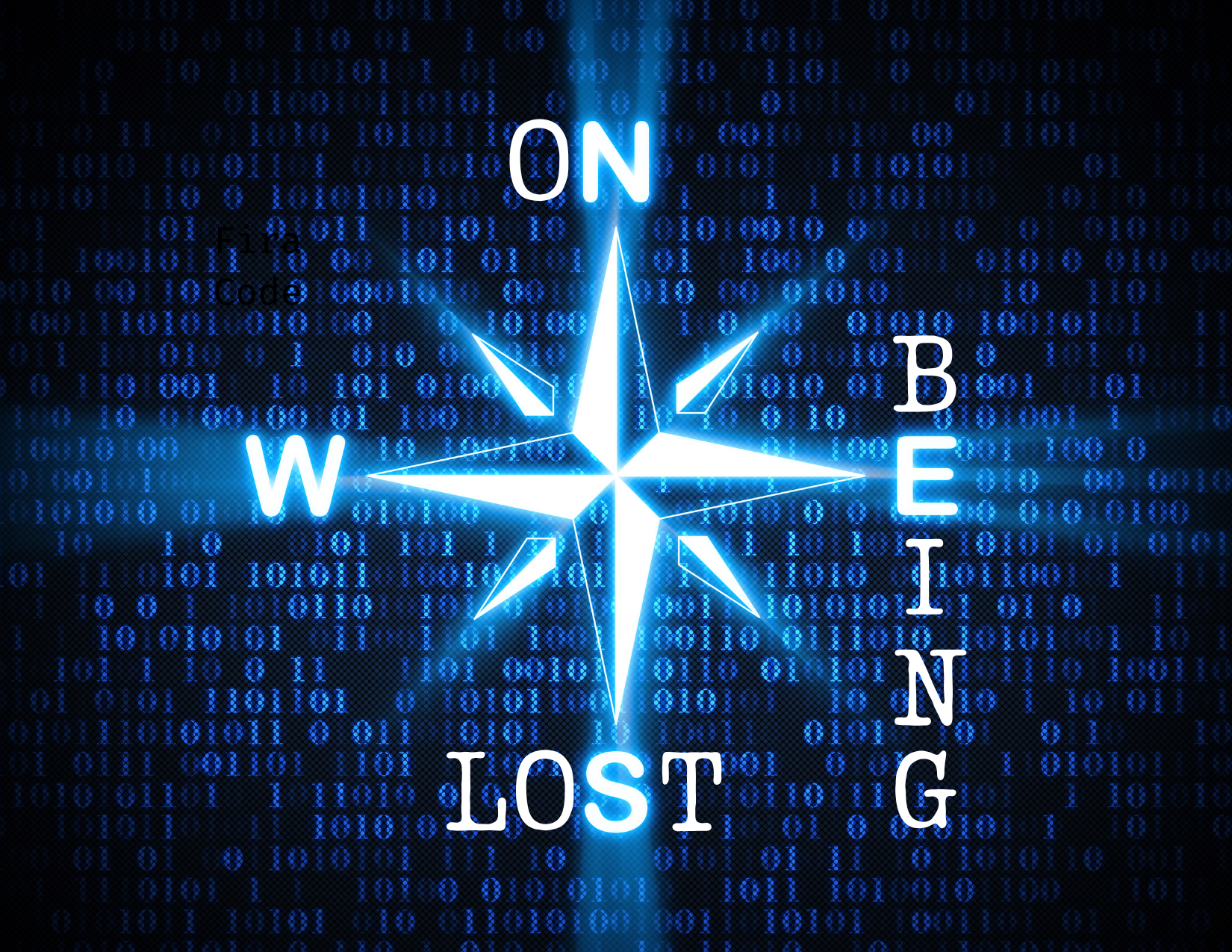The number one question rising professionals ask me is: how exactly do I qualify for a role to manage people if every job I see reads managerial experience required and I don’t have any experience managing? For many independent contributors, the road to promotion is through managing others; however, managerial positions tend to require and not prefer managerial experience. So how does one skill up to be able to get their foot through that management door?
When coaching others who are interested in moving into managerial positions, I advise them to identify the competencies needed for the position they are interested in and to match those competencies with opportunities that will provide them with tangible examples that they can share with prospective employers to demonstrate their proficiency.
A competency is a core attribute or skill that is necessary for demonstrated success in any given role. It can be behavioral or technical. There are many resources available online that can help you become more well-versed in understanding and identifying competencies. Here are the top three competencies that I look for when hiring a first-time manager:
1. Emotional Intelligence
There is quite a lot to dig into here. The two qualities that I find most important for a new manager are self-management and self-awareness. Self-management is how you show up and self-awareness is understanding how you occupy the space and create room to receive feedback to help you course correct if needed.
2. Communication
The clarity in written, verbal, and non-verbal communication is essential when leading others. You can be an introvert or an extrovert or a little bit of both and still be an excellent manager. What is important is that you have the ability to provide instruction clearly, know how to make the complicated uncomplicated, and produce professionally written and oral work products. Strong communication skills also require active listening which is accomplished by complete attentiveness to those with whom you are communicating.
3. Problem Solving
Critical thinking blended in with creativity is my definition of problem-solving. At its core, problem solving is the ability to untangle the complicated, solution build, and provide new ways of approaching issues.
So, what might this look like? Here are some examples of how to build managerial competencies:
- Ask your manager if you can lead an office project where you can work closely together;
- If a managerial position becomes vacant where someone managed one person ask if you can help the team by stepping in as the interim manager;
- Seek out serving on a committee in your organization;
- Participate in leading a group that is part of a professional organization;
- Take on a volunteer leadership role at your child’s school for the PTA or the Booster Club, on a retreat committee at your church, or at your favorite local not-for-profit.
If you have no managerial experience and are applying for a job where managerial experience is required, in your cover letter, identify the types of competencies you have gained through your life experiences and identify two or three of the projects or activities that you have managed. Just in case your cover letter is not read, find a way to incorporate those experiences in your resume and be sure to speak to them when you are contacted for your interview.
In the event you do not receive outreach for an interview, contact the recruiting office to verify receipt of your resume, acknowledge that even though you have no paid managerial experience, the breadth of your other experiences on your resume includes management moments that directly translate to the skills needed for the job.







